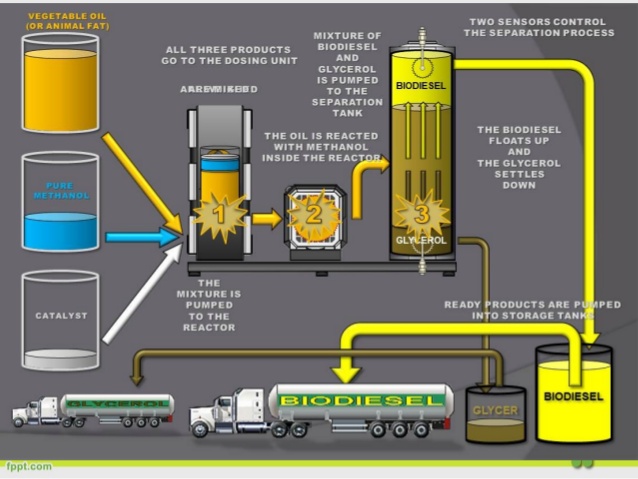-
-
Mail Id
info@rbfcbio.com
Biofuel development in India centres mainly around the cultivation and processing of Jatropha plant seeds which are very rich in oil (40%). The drivers for this are historic, functional, economic, environmental, moral and political. Jatropha oil has been used in India for several decades as biodiesel for the diesel fuel requirements of remote rural and forest communities; jatropha oil can be used directly after extraction (i.e. without refining) in diesel generators and engines. Jatropha has the potential to provide economic benefits at the local level since under suitable management it has the potential to grow in dry marginal non-agricultural lands, thereby allowing villagers and farmers to leverage non-farm land for income generation. As well, increased Jatropha oil production delivers economic benefits to India on the macroeconomic or national level as it reduces the nation’s fossil fuel import bill for diesel production (the main transportation fuel used in the country); minimising the expenditure of India’s foreign-currency reserves for fuel allowing India to increase its growing foreign currency reserves (which can be better spent on capital expenditures for industrial inputs and production). And since Jatropha oil is carbon-neutral, large-scale production will improve the country’s carbon emissions profile. Finally, since no food producing farmland is required for producing this biofuel (unlike corn or sugar cane ethanol, or palm oil diesel), it is considered the most politically and morally acceptable choice among India’s current biofuel options; it has no known negative impact on the production of the massive amounts grains and other vital agriculture goods India produces to meet the food requirements of its massive population (circa 1.1 Billion people as of 2008). Other biofuels which displace food crops from viable agricultural land such as corn ethanol or palm biodiesel have caused serious price increases for basic food grains and edible oils in other countries.
The Government is currently implementing an ethanol-blending program and considering initiatives in the form of mandates for biodiesel. Due to these strategies, the rising population, and the growing energy demand from the transport sector, biofuels can be assured of a significant market in India. On 12 September 2008, the Indian Government announced its ‘National Biofuel Policy’. It aims to meet 20% of India’s diesel demand with fuel derived from plants. That will mean setting aside 140,000 square kilometres of land. Presently fuel yielding plants cover less than 5,000 square kilometres.



